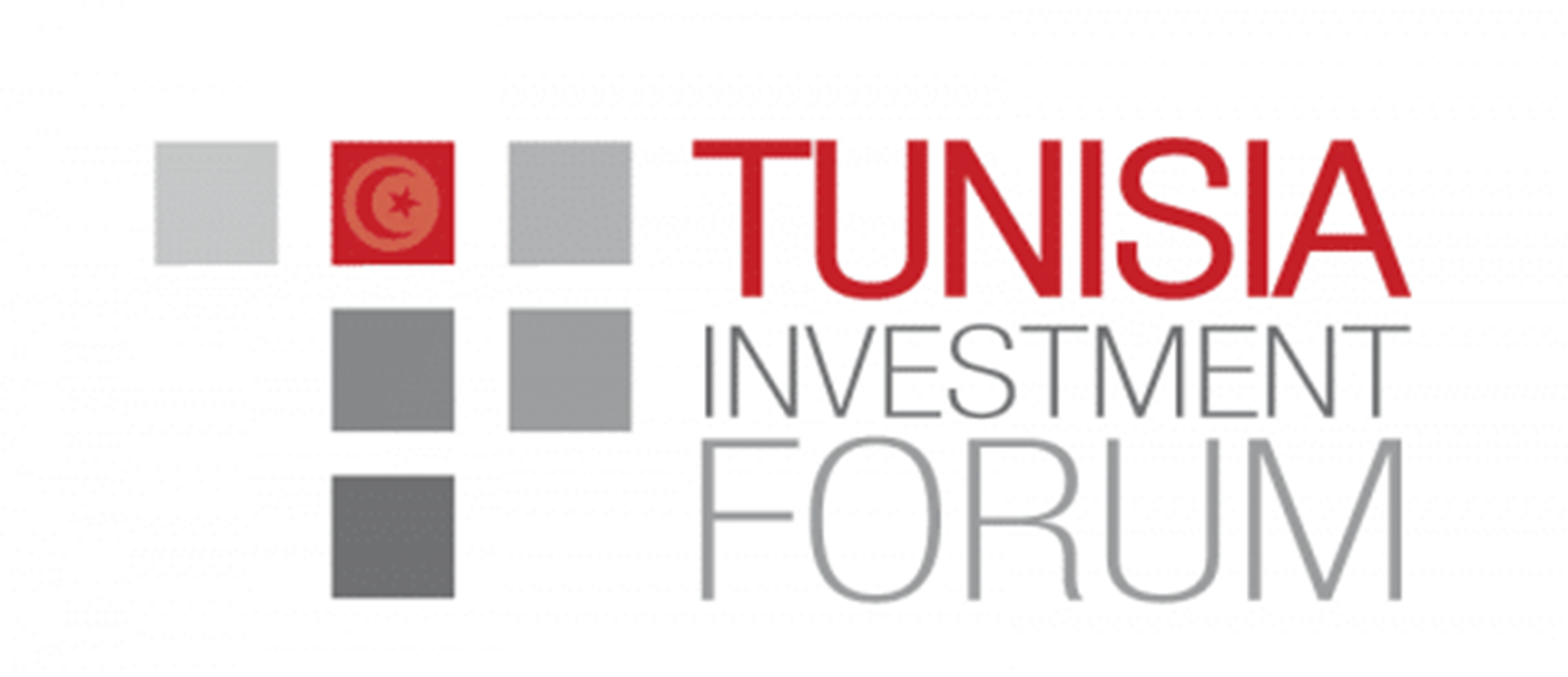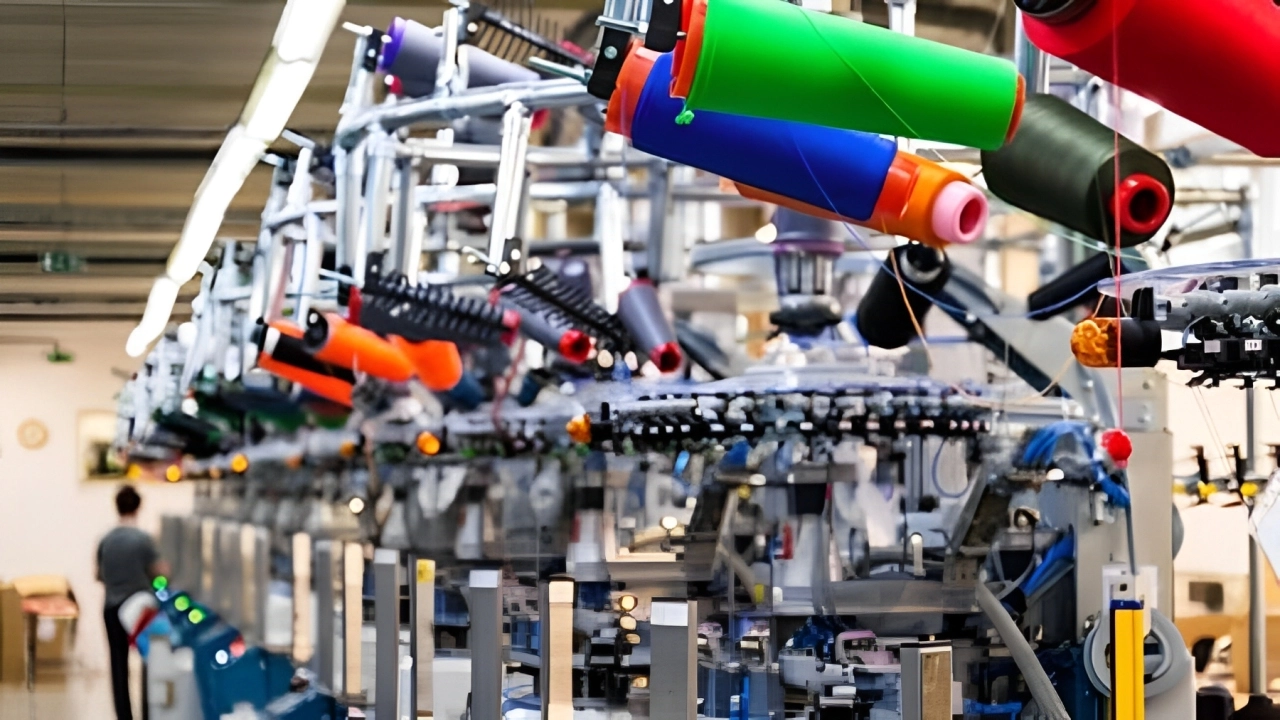Menu



FIPA-Tunisia 2024. All rights and photo credits reserved Numeryx Tunisia

In 2024, Tunisia exported approximately 9.7 million pieces of professional clothing to the European market, valued at €317.7 million, with an average price of €32.66 per piece. This to confirm Tunisia’s rise to become the EU’s leading supplier of work clothing in 2024, capturing a 17.44% market share, and its position as the 4th largest supplier of jeans to the EU, with an 8.21% market share, according to recent data released by the Technical Center for Textiles (CETTEX).
This positions Tunisia as the supplier with the highest average unit price for professional clothing in the EU. However, despite remaining Europe’s preferred supplier for high-end workwear, Tunisian exports to the EU saw a 7% decline in the number of pieces in 2024 compared to 2023.
Around 76% of Tunisia’s work clothing exports are destined for three main markets: France (35.6%), Germany (30.7%), and Italy (9.7%). According to CETTEX, there is potential for growth, particularly in the German and Italian markets.
By addressing current challenges and seizing opportunities presented by new trade agreements, Tunisia could not only consolidate its role as a major EU supplier but also establish itself as an indispensable player in the international textile market.